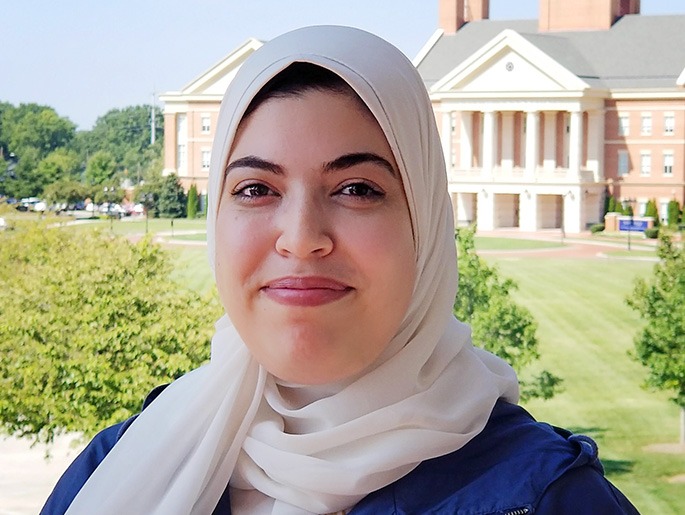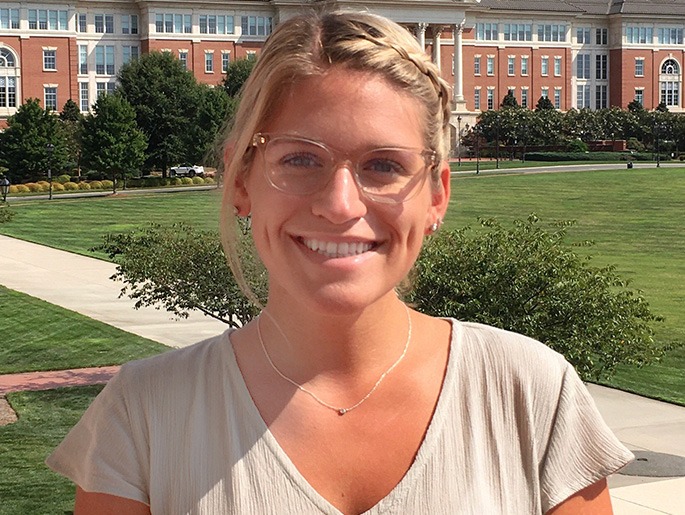sergey_krupenko@unc.edu
704-250-5053
Sergey A. Krupenko, PhD
Professor of Nutrition
Sergey A. Krupenko, PhD, joined the UNC Nutrition Research Institute in 2014. Dr. Krupenko’s research focuses on vitamin folate and its role in liver function and cancer disease. His goal is to understand how we can fight cancer by controlling the diet and nutrient supplements. “There are molecular strings in the human organism, which can be pulled by the right combinations of nutrients to activate resistance to tumor formation or to slow down cancer development. We have to identify these links and make them work,” he said. Dr. Krupenko has received his Bachelor’s Degree in Biochemistry from Byelorussian State University and a PhD in Biochemistry at the Byelorussian Academy of Sciences. Before joining the NRI, he was a faculty member in the Department of Biochemistry, Vanderbilt University School of Medicine, and in the Department of Biochemistry and Molecular Biology, Medical University of South Carolina. He has a joint appointment as a Professor of Nutrition at the Gillings School of Global Public Health, UNC-Chapel Hill.
Sergey A. Krupenko, PhD, joined the UNC Nutrition Research Institute in 2014. Dr. Krupenko’s research focuses on vitamin folate and its role in liver function and cancer disease. His goal is to understand how we can fight cancer by controlling the diet and nutrient supplements.
Show MoreKrupenko’s Team
In the News
Keep the Fireworks Going: NRI Student Success is Explosive!
This summer, NRI students continue to shine bright and have been recognized for their endeavors both on the University level and nationally! Congratulations to Halle Fogle, an incoming graduate student in the Sergey Krupenko Lab. Halle recently received a UNC Gillings...
NIH Grant To Study Gene Mutation Associated with Rare Disease
March 22, 2019 – Sergey A. Krupenko, PhD, professor of nutrition at the UNC Nutrition Research Institute (NRI), has been awarded a $2.4 million grant from the National Institutes of Health for his research project, “Regulation of Mitochondrial Function by Folate...
Breast Cancer Subtype Important in Deciding Impact of Folate
February 1, 2017 • It is generally known that folate (vitamin B9) is important in early pregnancy to prevent neural tube defects in babies, because folate is needed by rapidly dividing cells (e.g., those of a developing embryo) for DNA synthesis and cellular energy production. As a consequence, many processed foods in the United States are fortified with […]
The Folic Acid Dilemma
April 1, 2015 • In 1996, the Food and Drug Administration (FDA) made it mandatory to add folic acid (FA) to grain products used to make cereal, bread, pasta and other foods. The ruling, which was intended to prevent neural tube defects (NTDs) – see Sidebar – has been very successful: The incidence of NTDs fell 36% over the following decade.
The FDA’s ruling was unique because the target population (women of child-bearing age) is much smaller than the population affected (anyone eating fortified foods), especially now that so many countries around the world add FA to wheat, corn, and rice. Luckily, studies around the globe prove that FA benefits the general population by lowering the incidence of heart disease, stroke, and even mood disorders…which is why FA is also present in multivitamin supplements.
Publications
2025
2023
2022
2021
2020
2019
The Role of Single-Nucleotide Polymorphisms in the Function of Candidate Tumor Suppressor ALDH1L1.
Cytosolic 10-formyltetrahydrofolate dehydrogenase regulates glycine metabolism in mouse liver.
Deleterious mutations in ALDH1L2 suggest a novel cause for neuro-ichthyotic syndrome.
Loss of ALDH1L1 folate enzyme confers a selective metabolic advantage for tumor progression.






